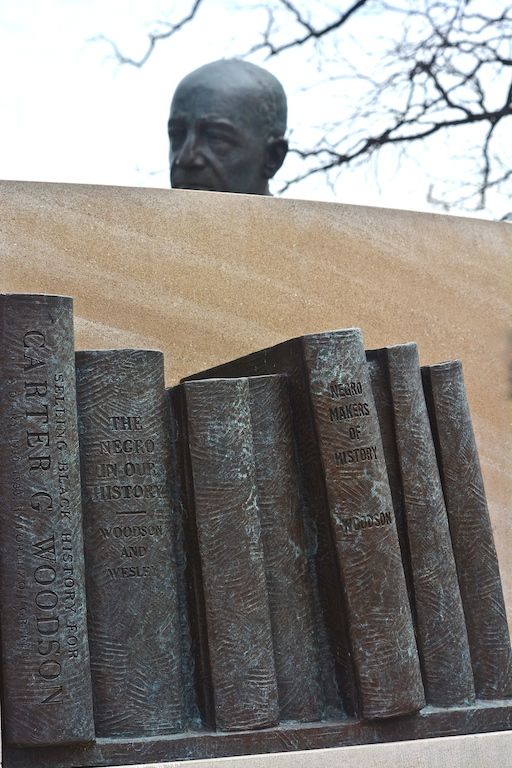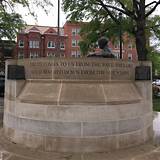
SAN FRANCISCO — The 11th annual State of Black Learners report urges parents to insist that a $200 billion boost in federal education spending for K-12 make the 2020-21 school year “the year of Woodson,” realizing the objective of the Father of Black History to have learners of African descent engaged and welcomed in every classroom in every school.
ReUNION: Education-Arts-Heritage releases the study during a two-day Black Children Unleashed online session during the 31 Ways 31 Days of the 18th annual National Black Business Month. Federal spending on elementary and secondary education grew from $60 billion in 2017-18 to an additional $204 billion on top of regular appropriations through appropriations to address the impact of the corona virus pandemic.
The program begins Saturday, Aug. 21 at noon Eastern and can be viewed on LinkedIn Live at https://www.linkedin.com/events/31ways31daysblackchildrenunleas6834133109831794688/. Day two begins at noon Eastern Aug. 22 with a focus on museums and other institutions of culture.
ReUNION: Education-Arts-Heritage is the African-American children’s educational network with daily instructional programming including its series Road to Ratification: How 27 States Faced the Most Challenging Issue in American History, which began Aug. 15, a state by state journey to the passage of the 13th Amendment from 1504. The fascinating untold story of California’s African-American beginnings is also presented in Come to the Water: How African-Americans Put California on the Map, a 180-episode trip through the 6,000 site California African-American Freedom Trail.. Pre-school learners can enjoy language acquisition on Block Party: Making Letters Dance. A special series in September and October from the Journal of Black Innovation–Swords Towards Freedom: African-American MIlitary Leadership in American History–goes from Crispus Attucks to Gen. CQ Brown.
Woodson wrote The Negro in Our History in 1922 to insure that Black students had the awareness of their own heritage needed for their healthy development. The traditions of Black education, beginning with the Free African Schools in 1763, supported by Framers like Benjamin Franklin, Alexander Hamilton and John Jay, emphasized a full treatment of the contributions of African-Americans and Africans to global history. ReUNION offers a 13-session Free African Schools professional development at reunionnetwork.info
John William Templeton, executive producer of ReUNION: Education-Arts-Heritage, says an additonal $30 billion on top of the $117 billion allocated to the education of Black public school students should be allocated by local districts to meet the needs of Black learners, particularly with disparate impacts on Black families from the coronavirus and the threat presented because at least three-fourths of Black students are unvaccinated, meaning they could face extended periods of distance learning this year.
Templeton authored an American Educational Research Association paper, Personal Authenticity and Perceived Chance of Success in 2013 following a commissioned study at the California Council for the Social Studies in 2008, Black Heritage as Gap Closer. He contributed to the largest study of Black education on a local educational agency, the Our Education study by the Black Leadership Kitchen Cabinet of Silicon Valley.

